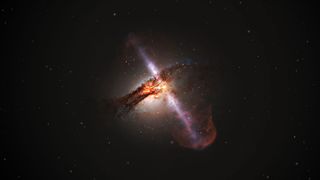Black holes
Black holes are regions of space where the gravitational pull is so strong that nothing — not even light — can escape. Rather than empty space, black holes are chock full of matter that gets squeezed into a teensy space.
Latest about Black Holes
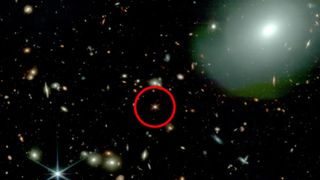
James Webb Space Telescope sees lonely supermassive black hole-powered quasars in the early universe
By Robert Lea published
The James Webb Space Telescope has discovered lonely quasars in the early universe, with "empty larders" that defy theories surrounding their growth to monster sizes.
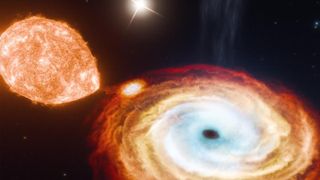
Accidental discovery of 1st-ever 'black hole triple' system challenges what we know about how singularities form
By Harry Baker published
Researchers spotted a second distant star orbiting a well-known black hole and its stellar companion in a never-before-seen gravitational triad. The system's unique configuration suggests that the black hole was not created as scientists initially expected.
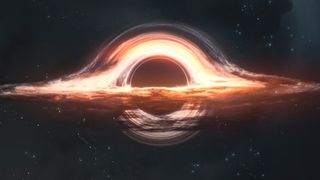
There were more black holes in the early universe than we thought, Hubble research reveals
By Matthew J. Hayes published
New research can help us understand how supermassive black holes formed — and why many of them appear to be more massive than expected.
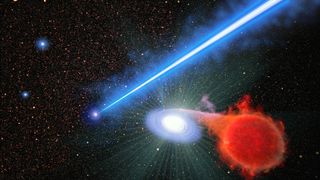
Black hole 'blowtorch' is causing nearby stars to explode, Hubble telescope reveals
By Ben Turner published
Star explosions called novas are happening twice as often near a gargantuan black hole jet as they are in the rest of the galaxy, and astronomers aren't sure why.
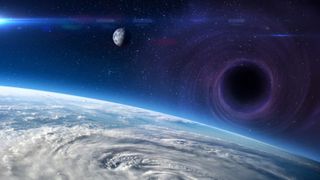
A 'primordial' black hole may zoom through our solar system every decade
By Charles Q. Choi published
"If there are lots of black holes out there, some of them must surely pass through our backyard every now and then."
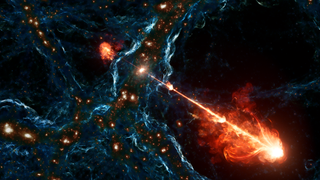
Biggest black hole jets ever seen are as long as 140 Milky Ways
By Ben Turner published
The largest-ever black hole jets ever seen hint that these cosmic monsters may play an even more significant role in shaping galaxies than previously thought.
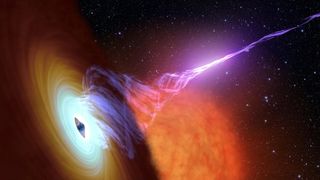
Monster black hole is starving its host galaxy to death, James Webb telescope reveals
By Ben Turner published
New observations with JWST have confirmed that supermassive black holes have the power to quench star formation across their surrounding galaxies.
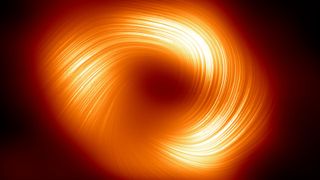
The Milky Way's supermassive black hole is spinning incredibly fast and at the wrong angle. Scientists may finally know why.
By Ben Turner published
Observations from the Event Horizon Telescope may reveal a secret merger in our supermassive black hole's past, potentially explaining the cosmic monster's unusual spin.
Sign up for the Live Science daily newsletter now
Get the world’s most fascinating discoveries delivered straight to your inbox.
